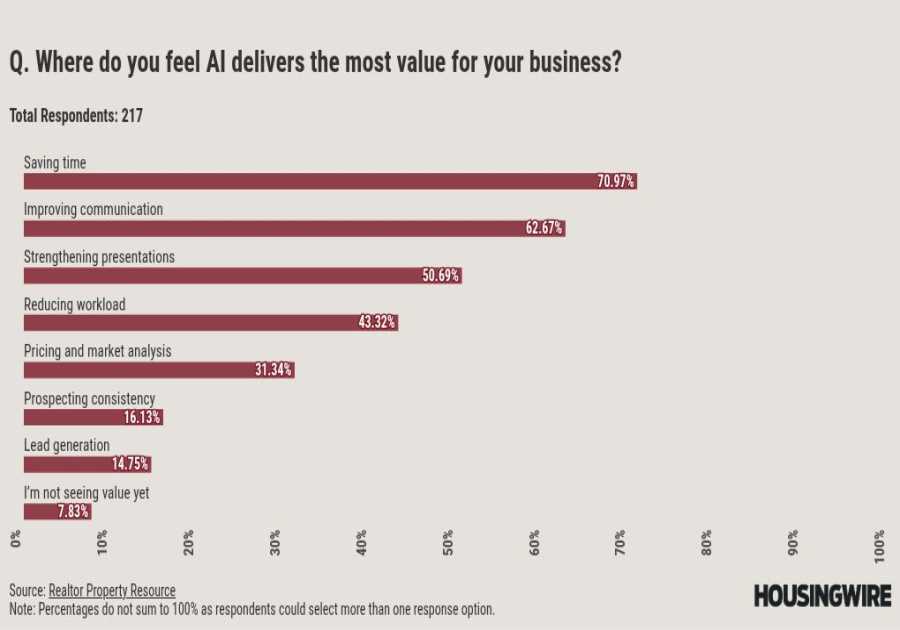For years, dual-income, no-kids (DINK) couples have enjoyed a reputation for freedom — the ability to travel spontaneously, relocate for new jobs, or simply enjoy downtime without family obligations. That lifestyle flexibility was one of the defining financial and emotional perks of not having children. But in recent years, quiet shifts in corporate policy have started eroding that advantage. From stricter office attendance rules to shrinking benefit customization, companies are slowly chipping away at the flexibility DINKs once relied on to balance work, rest, and wealth-building. Understanding what’s changing — and how to adapt — has become essential for couples who value independence as much as income.
1. Remote Work Privileges Are Quietly Disappearing
During the pandemic, remote work was the great equalizer, giving everyone — including DINKs — the freedom to live anywhere and design a flexible routine. However, many corporations are now reversing course, requiring employees to return to the office full-time or part-time under “hybrid” models. This shift limits lifestyle flexibility by tying workers back to specific locations, forcing some couples to give up lower-cost living situations or dual-location setups. DINKs who once used remote options to travel extensively or split time between cities now face stricter scheduling oversight. For couples whose independence was tied to geographic freedom, the rollback of remote work represents a major cultural and financial setback.
2. Flexible Hours Are Being Replaced by “Visibility Culture”
Many companies used to offer flexible hours, letting employees shape their days as long as they met performance goals. But with corporate leadership increasingly focused on “team presence” and in-office collaboration, flexible scheduling is being replaced by a visibility-driven culture. This shift reduces lifestyle flexibility by rewarding those who are physically present and socially active within office environments. While parents may still receive accommodations for school pickups or childcare, DINKs often find themselves expected to fill in gaps or work longer hours. The underlying assumption is that employees without kids have fewer “legitimate” time constraints — a bias that erodes their autonomy and work-life balance.
3. Paid Time Off Is Becoming Less Flexible
One of the greatest lifestyle flexibility perks for DINKs has always been the ability to take vacations outside peak family seasons or enjoy spontaneous trips. Yet corporate policies around time-off approval are tightening, especially in industries struggling with staffing shortages. Some companies are now prioritizing leave requests around school schedules or family emergencies, subtly relegating DINK employees to less desirable time slots. Others are enforcing blackout periods during critical business cycles, making it harder to plan personal adventures. Even “unlimited PTO” policies — which once sounded liberating — often come with unspoken limits and managerial scrutiny that discourage full use.
4. Benefits Packages Are Rebalancing Toward Family-Centric Support
Corporate benefit plans increasingly favor employees with children, leaving DINKs with fewer ways to personalize their compensation. Hidden within human resources fine print, new family-forward initiatives — such as fertility coverage, dependent care stipends, and extended parental leave — often come at the expense of broader benefit flexibility. For DINKs, lifestyle flexibility used to mean reallocating unused benefits into travel reimbursements, mental health programs, or continuing education. Now, those options are shrinking or capped, while perks tied to parenthood expand. It’s not that family-oriented policies are bad, but the imbalance subtly punishes workers who contribute equally but don’t fit the traditional household model.
5. Career Advancement Is Quietly Being Reframed
In many organizations, the assumption that DINKs are “more available” has led to a troubling pattern: they’re expected to pick up additional work, stay late, or relocate more easily. Ironically, this perception of flexibility has turned lifestyle flexibility into a liability. Some managers interpret DINK employees’ mobility as an open invitation to take on high-pressure assignments or fill gaps left by others. Over time, this can lead to burnout and resentment, as couples find their work-life boundaries disappearing. To protect their quality of life, DINKs must start advocating for fair workload distribution — not just competitive pay.
6. The Subtle Rise of Corporate “Availability Expectations”
While companies rarely admit it outright, there’s been an unspoken tightening of expectations around 24/7 availability. With communication tools like Slack, Teams, and email notifications always on, workers who don’t have children are often assumed to be “always reachable.” This assumption chips away at lifestyle flexibility by blurring the line between personal and professional time. DINKs who previously used evenings or weekends for travel, social life, or creative pursuits may now find their downtime quietly absorbed by work communications. Setting digital boundaries — like enforced offline hours or calendar blocks — has become the new form of self-preservation for professionals without dependents.
7. How DINKs Can Reclaim Control Over Their Time
While corporate structures are shifting, DINKs still have unique leverage when it comes to financial and lifestyle decisions. Negotiating flexible work terms upfront, maximizing PTO early in the year, and prioritizing employers who offer remote-friendly cultures can help restore lost freedom. DINK couples can also use their financial stability to invest in sabbaticals, freelance opportunities, or early-retirement strategies that bypass rigid corporate hierarchies entirely. Understanding how hidden policies erode autonomy allows couples to make informed career and investment choices that align with their values. True flexibility, after all, comes from control — not convenience.
Freedom Isn’t Gone, But It’s No Longer Guaranteed
The modern workplace is quietly reshaping what flexibility looks like, and DINK couples are learning that independence must now be negotiated rather than assumed. The lifestyle flexibility that once defined their advantage is being absorbed into a corporate culture obsessed with structure, visibility, and output. Yet with awareness, strategy, and a willingness to challenge outdated norms, couples can still protect the freedom that drew them to the DINK lifestyle in the first place. Flexibility hasn’t vanished completely — it’s just being redefined in ways that require more intentional effort to maintain.
Have you noticed that your lifestyle flexibility at work is shrinking? How are you adapting to changing corporate expectations? Share your experience in the comments below!
What to Read Next…
- Do Couples Without Kids Make Riskier Career Moves?
- How To Financially Support Your Spouse During a Career Change
- 15 Surprisingly Lucrative Jobs That Require Little Effort
- 7 Career Paths Thriving Because Couples Chose No Kids
- 12 Hard Jobs That Pay Far Less Than You Think
Read More
By: Catherine Reed
Title: Lifestyle Flexibility Vanishing: The One Benefit DINKs Are Losing Thanks to Hidden Corporate Policy Changes
Sourced From: www.dinksfinance.com/2025/11/lifestyle-flexibility-vanishing-the-one-benefit-dinks-are-losing-thanks-to-hidden-corporate-policy-changes/
Published Date: Sun, 02 Nov 2025 13:40:00 +0000
.png)





